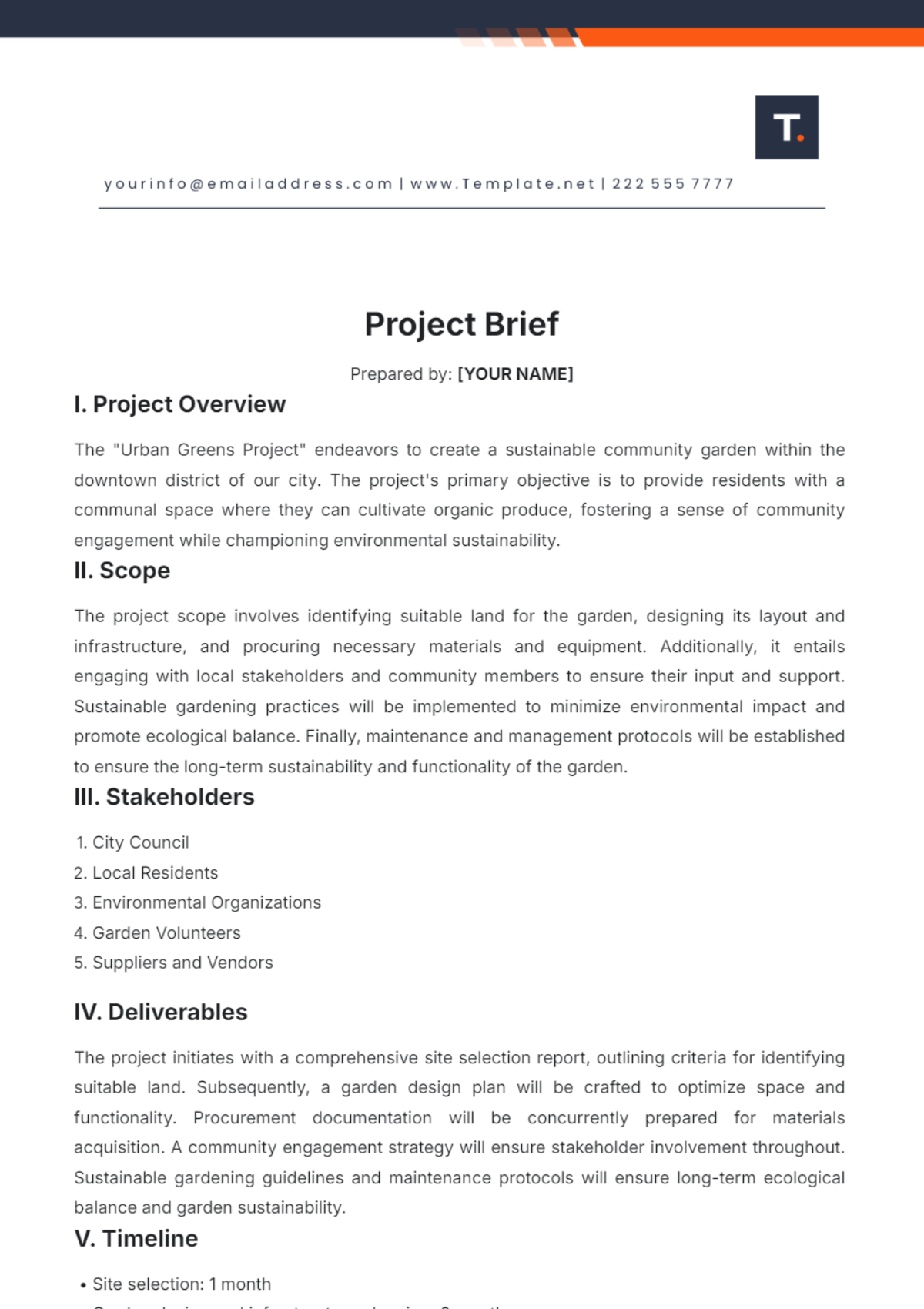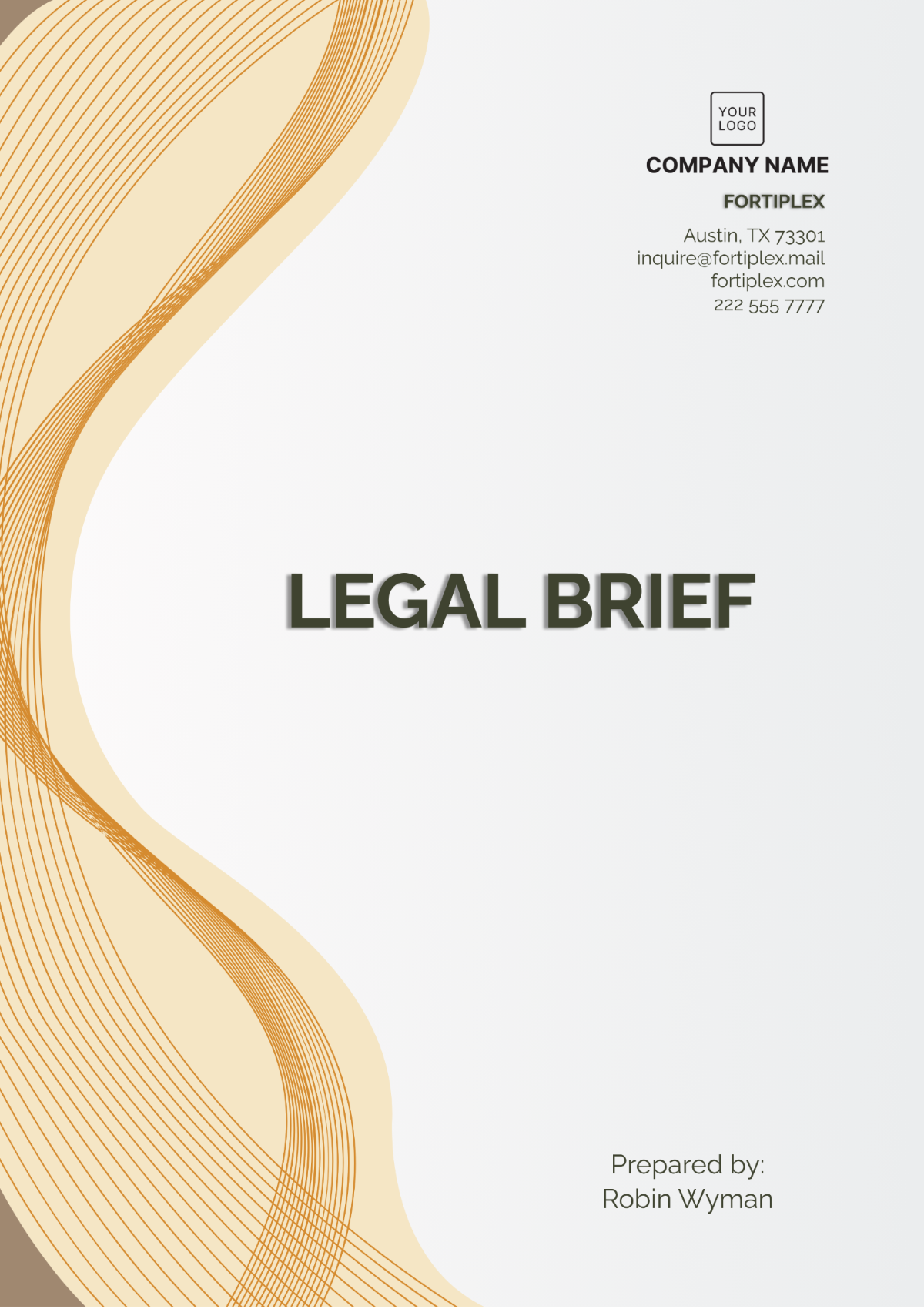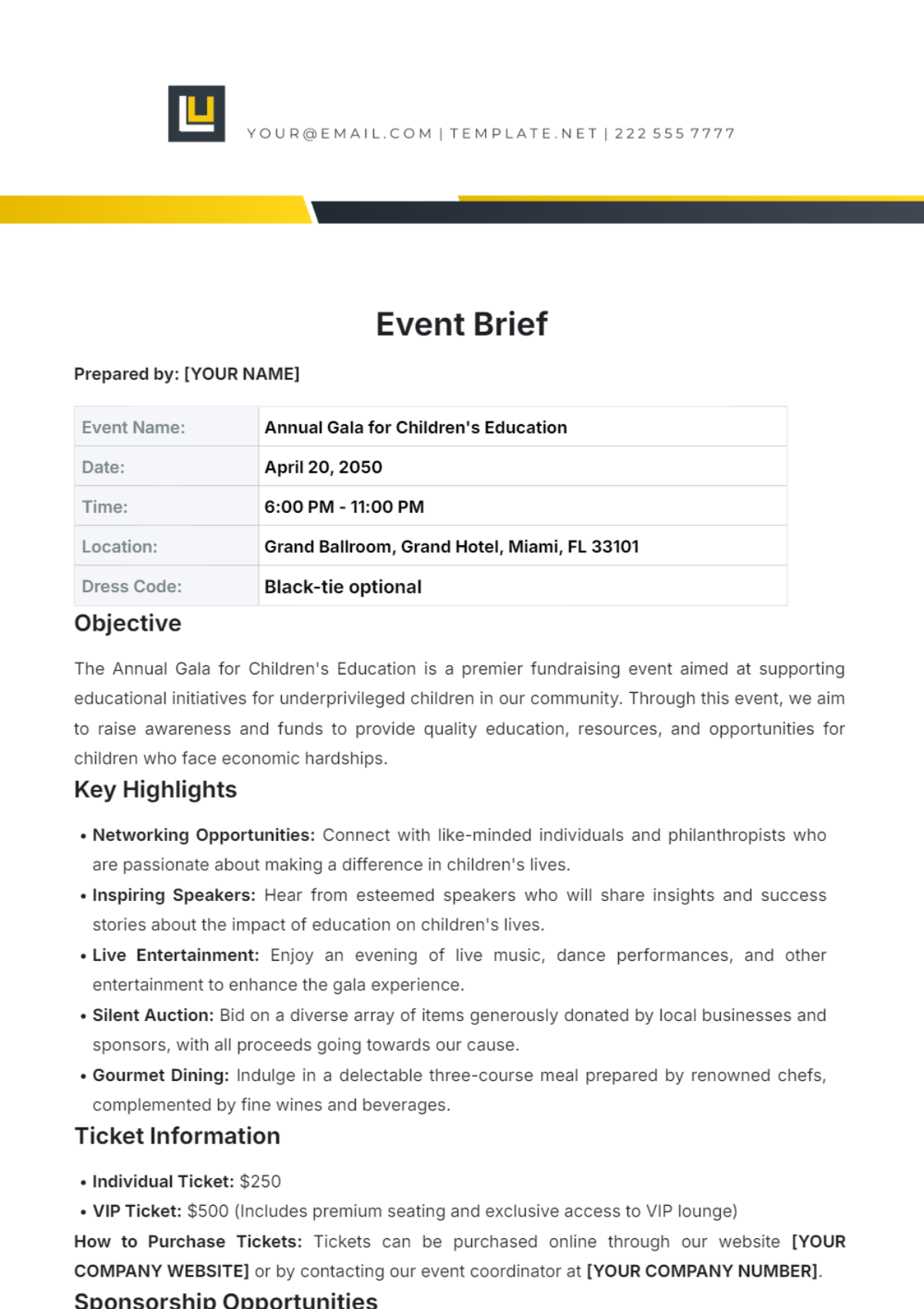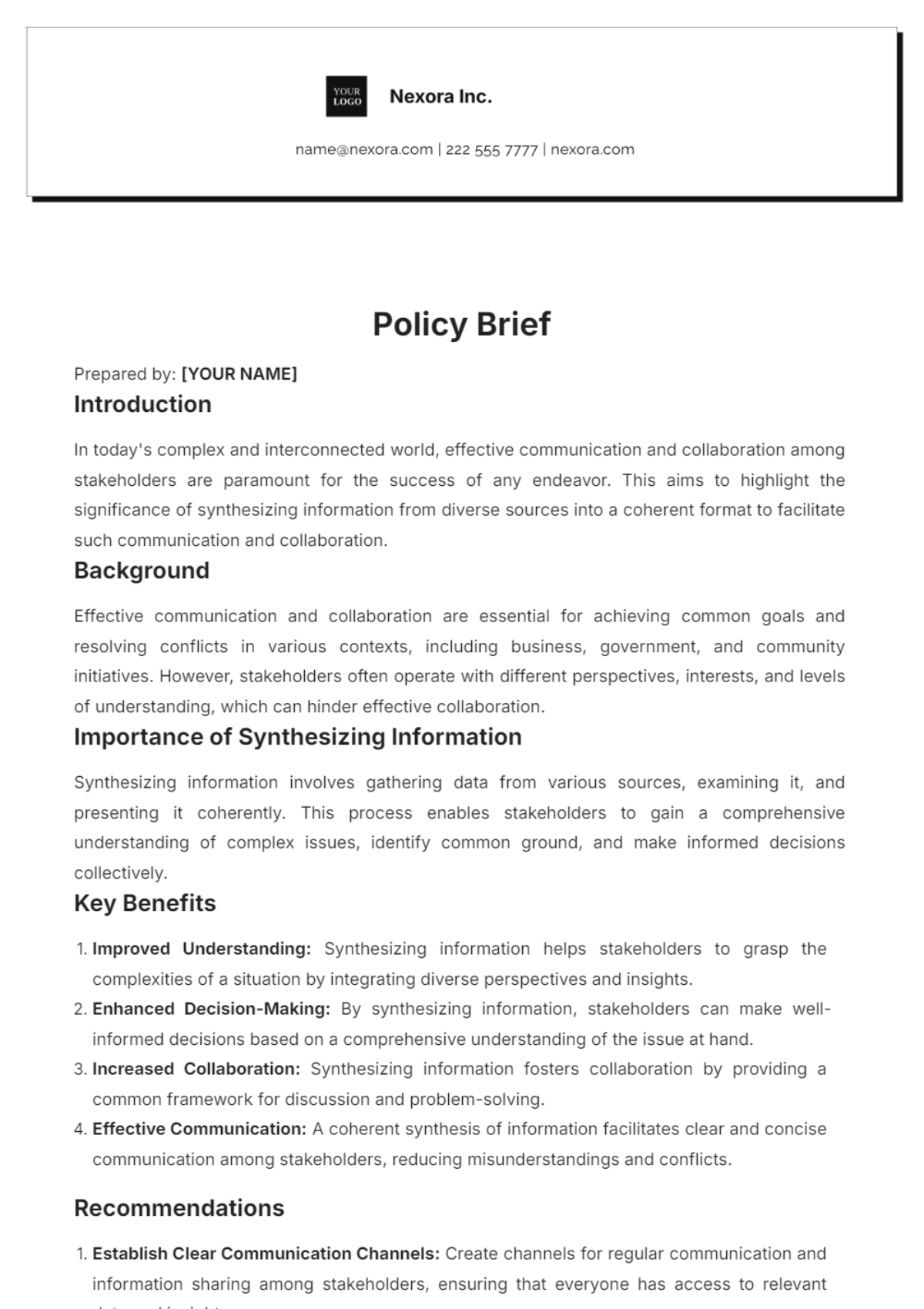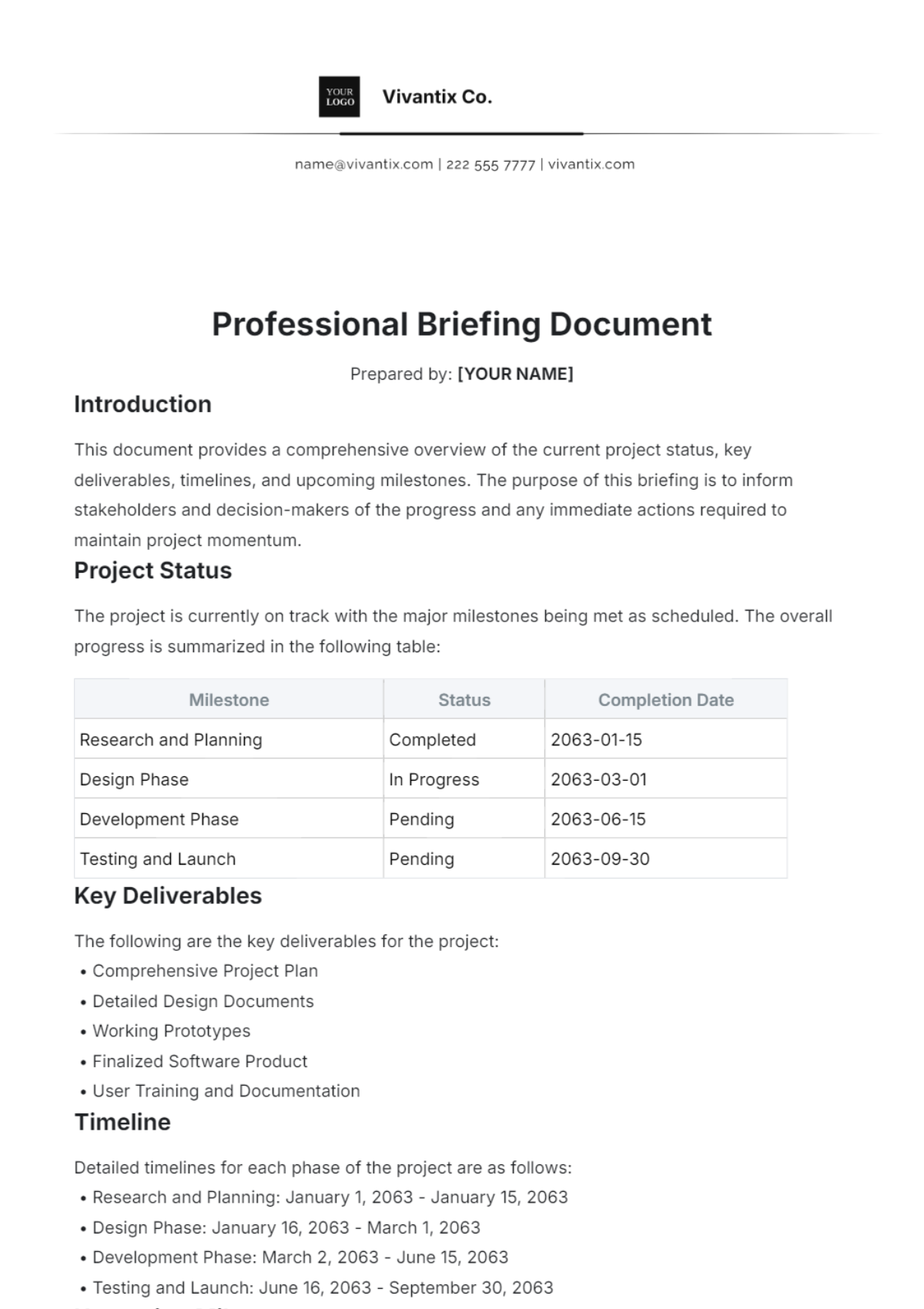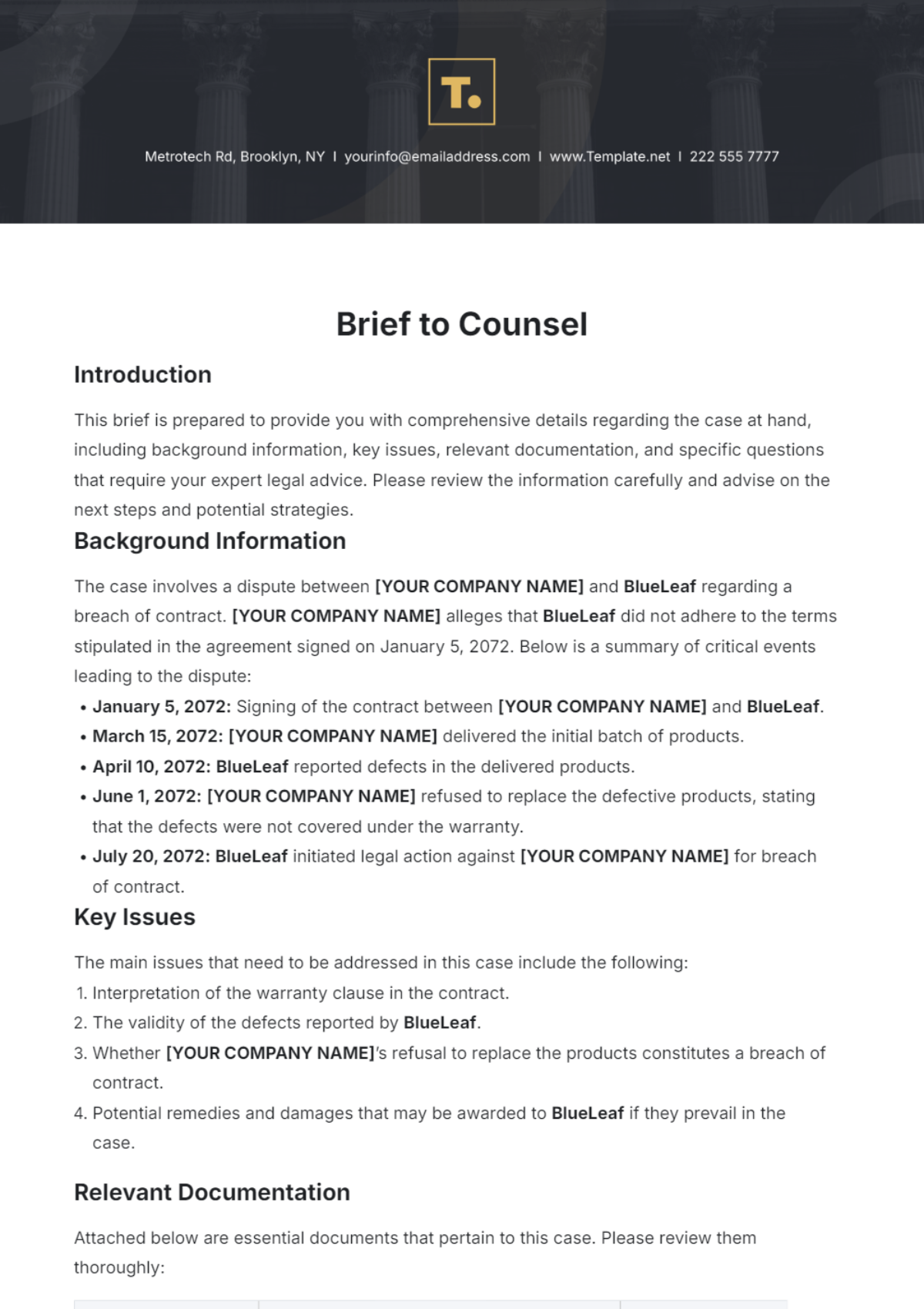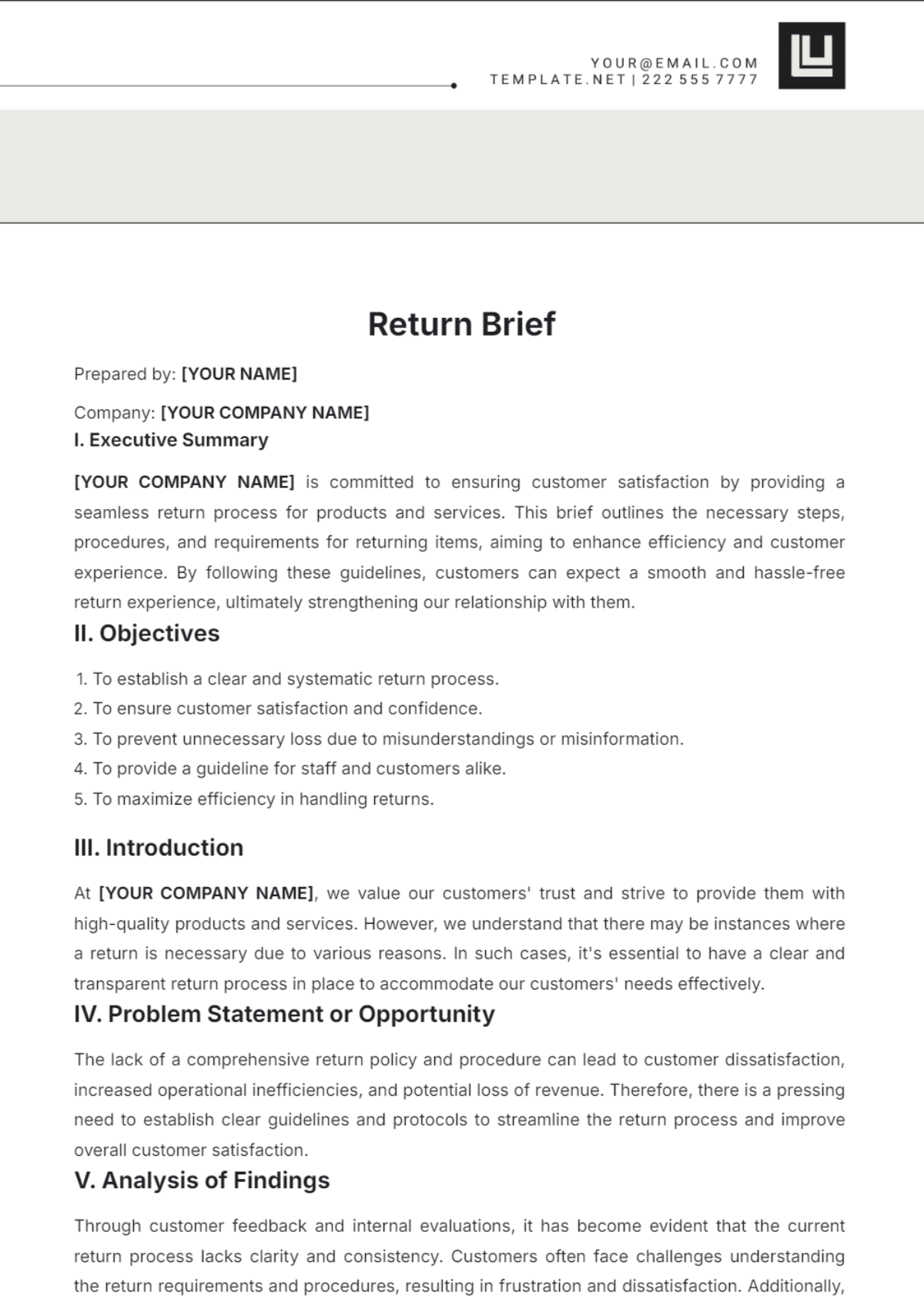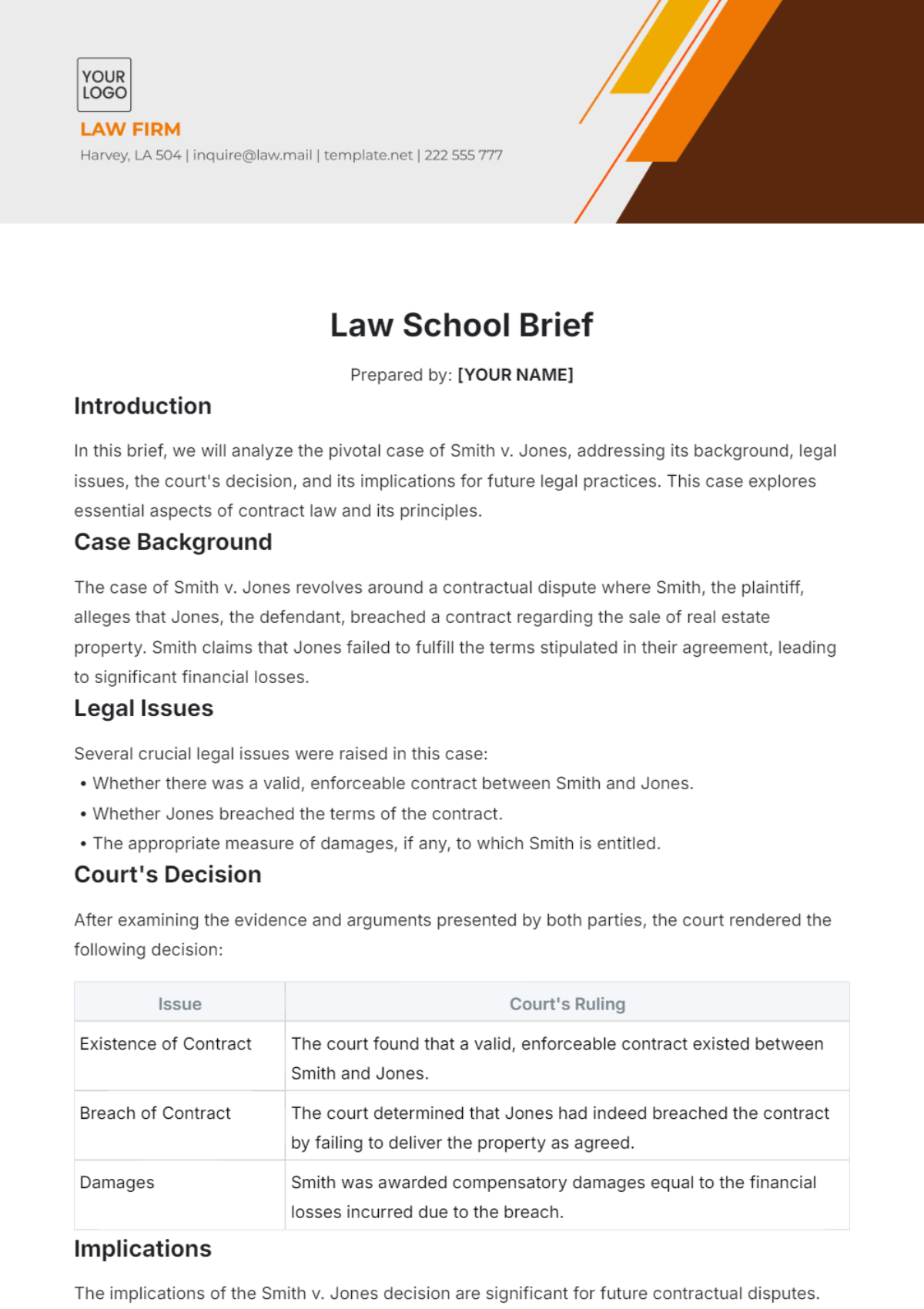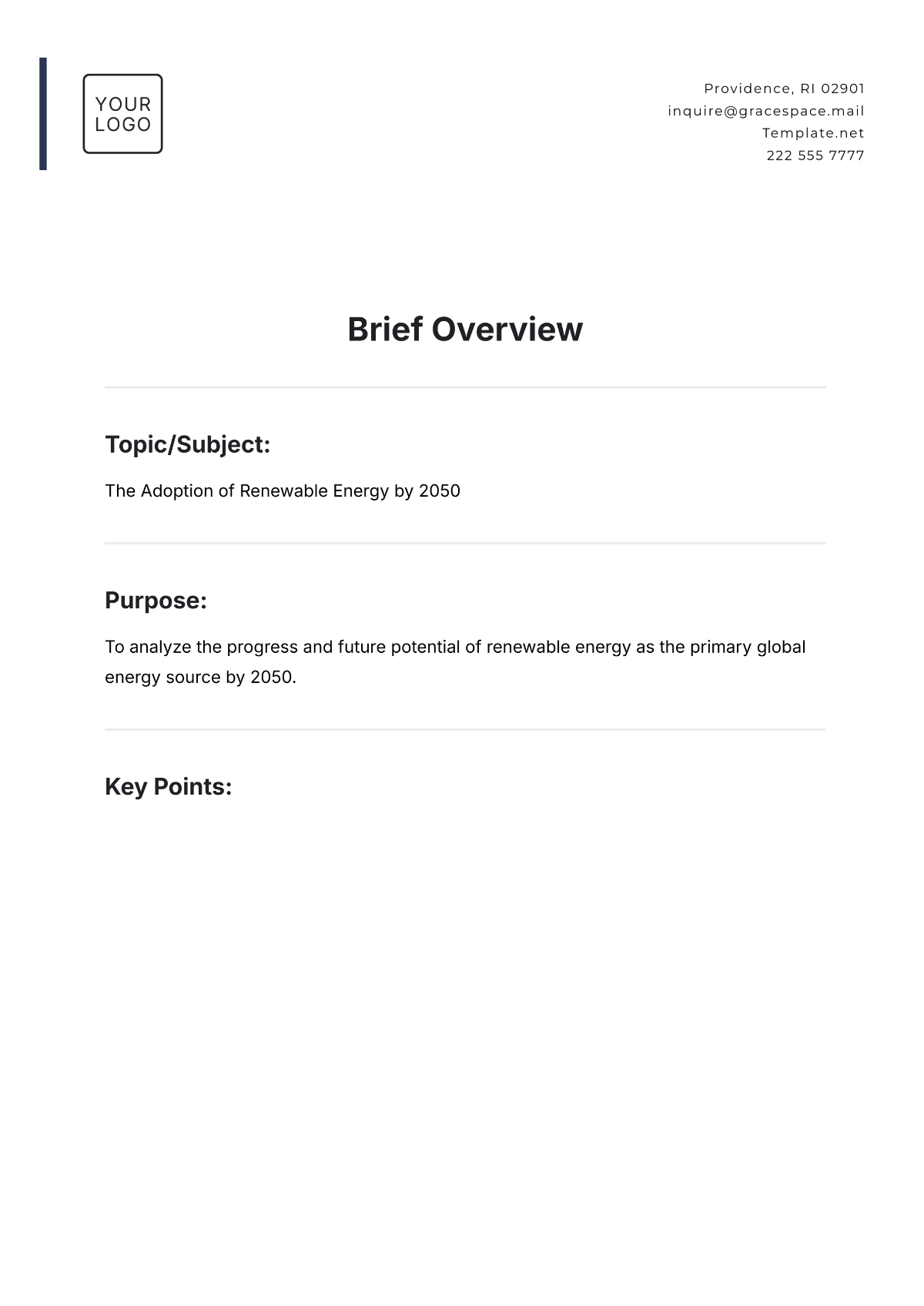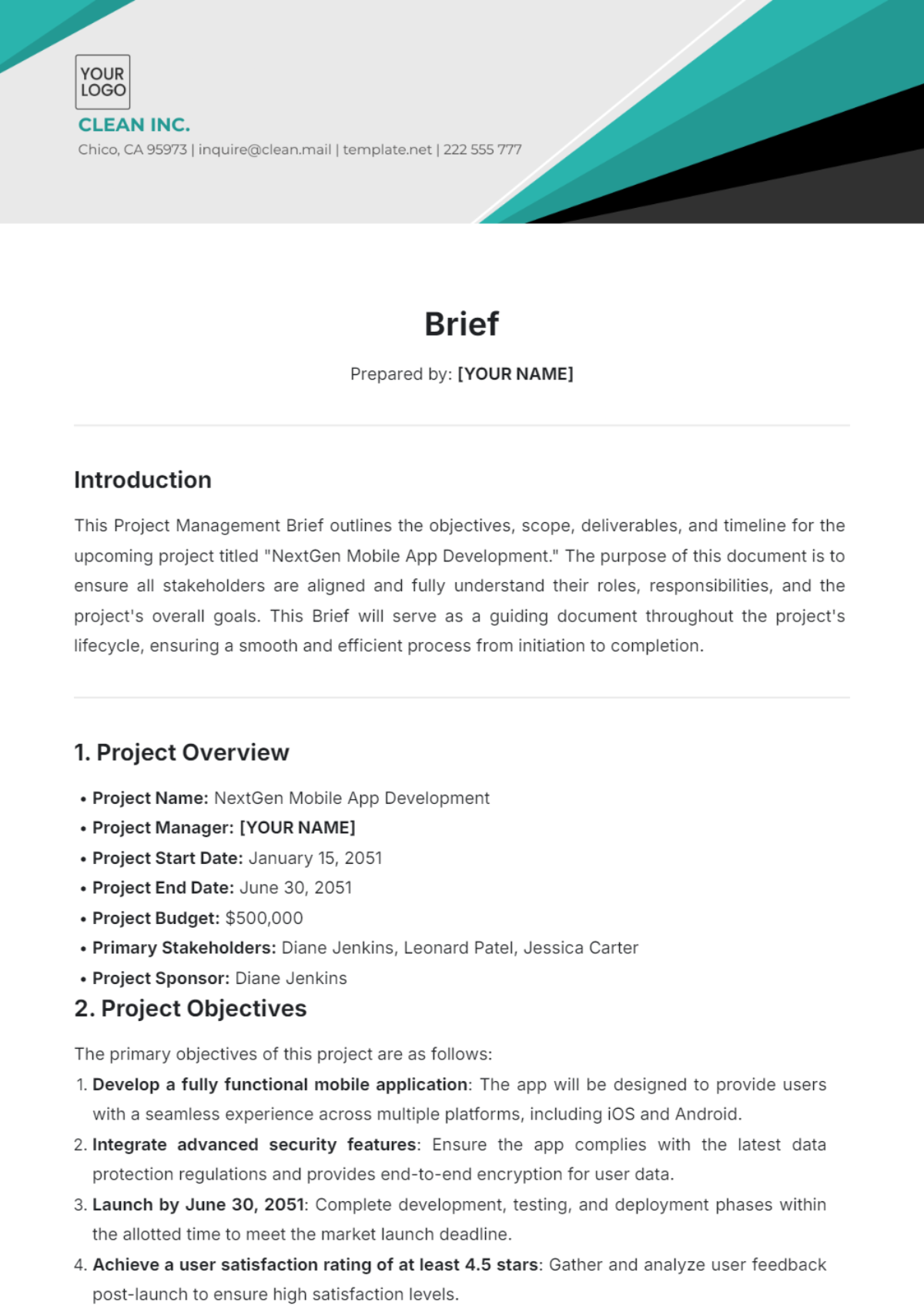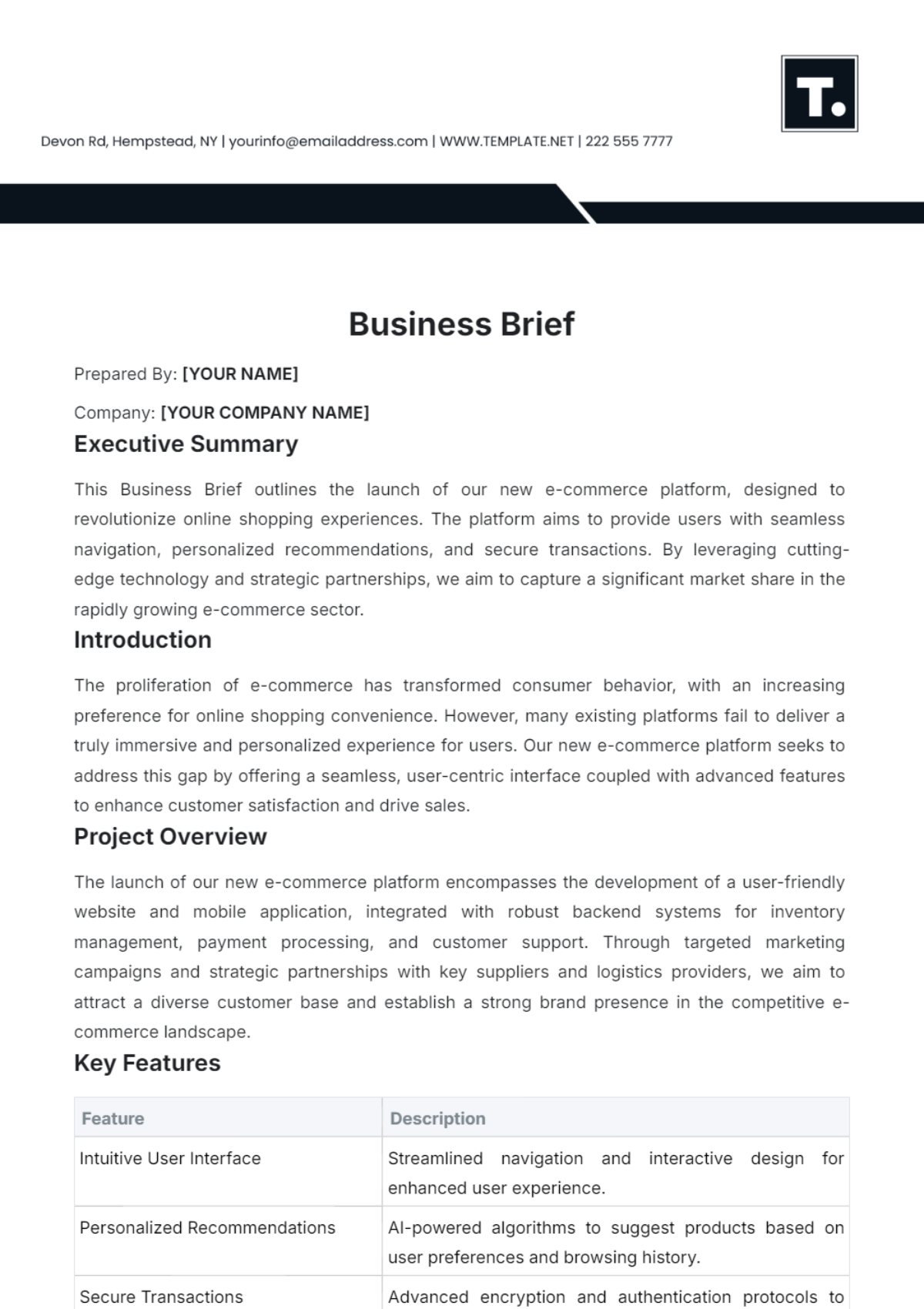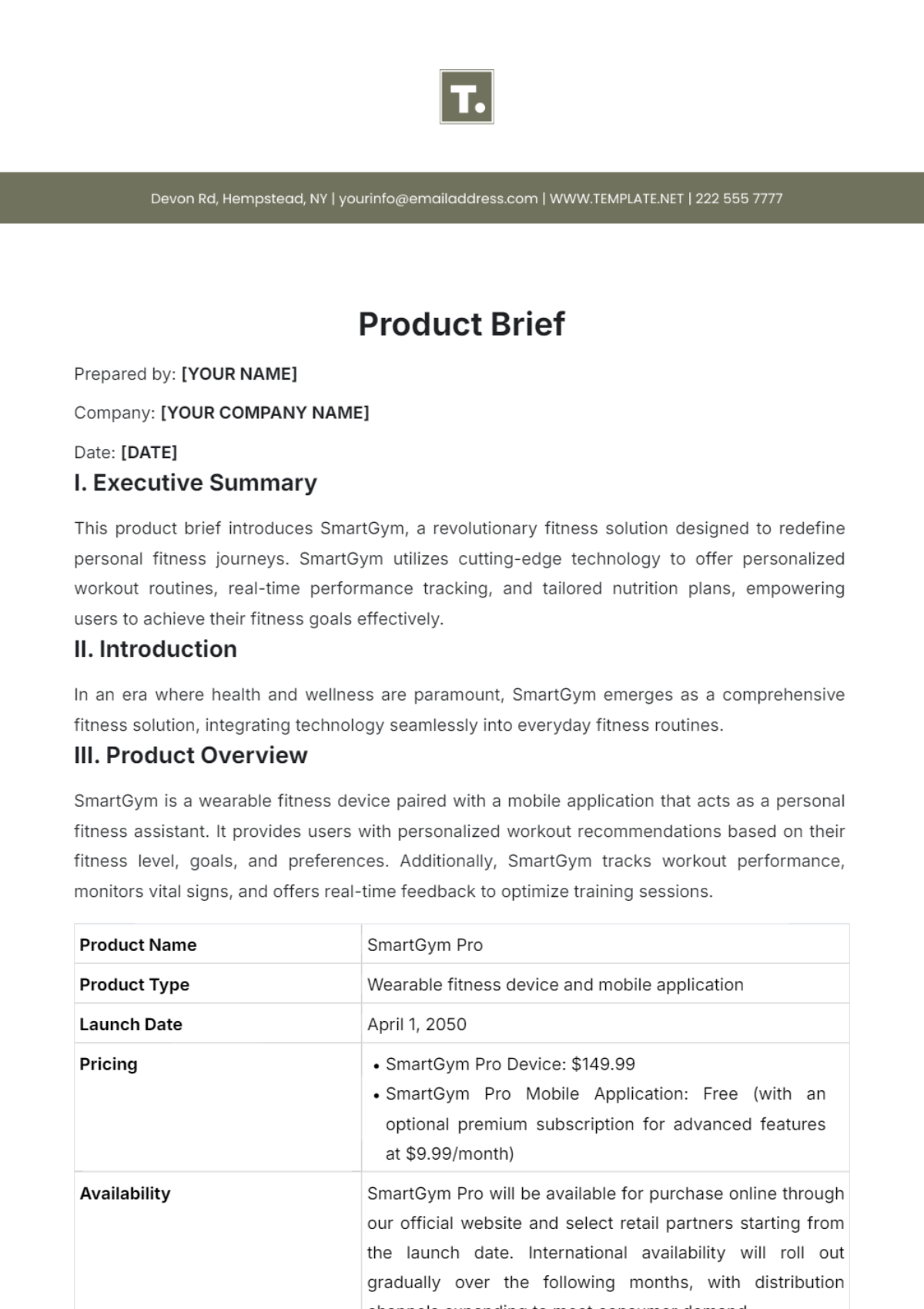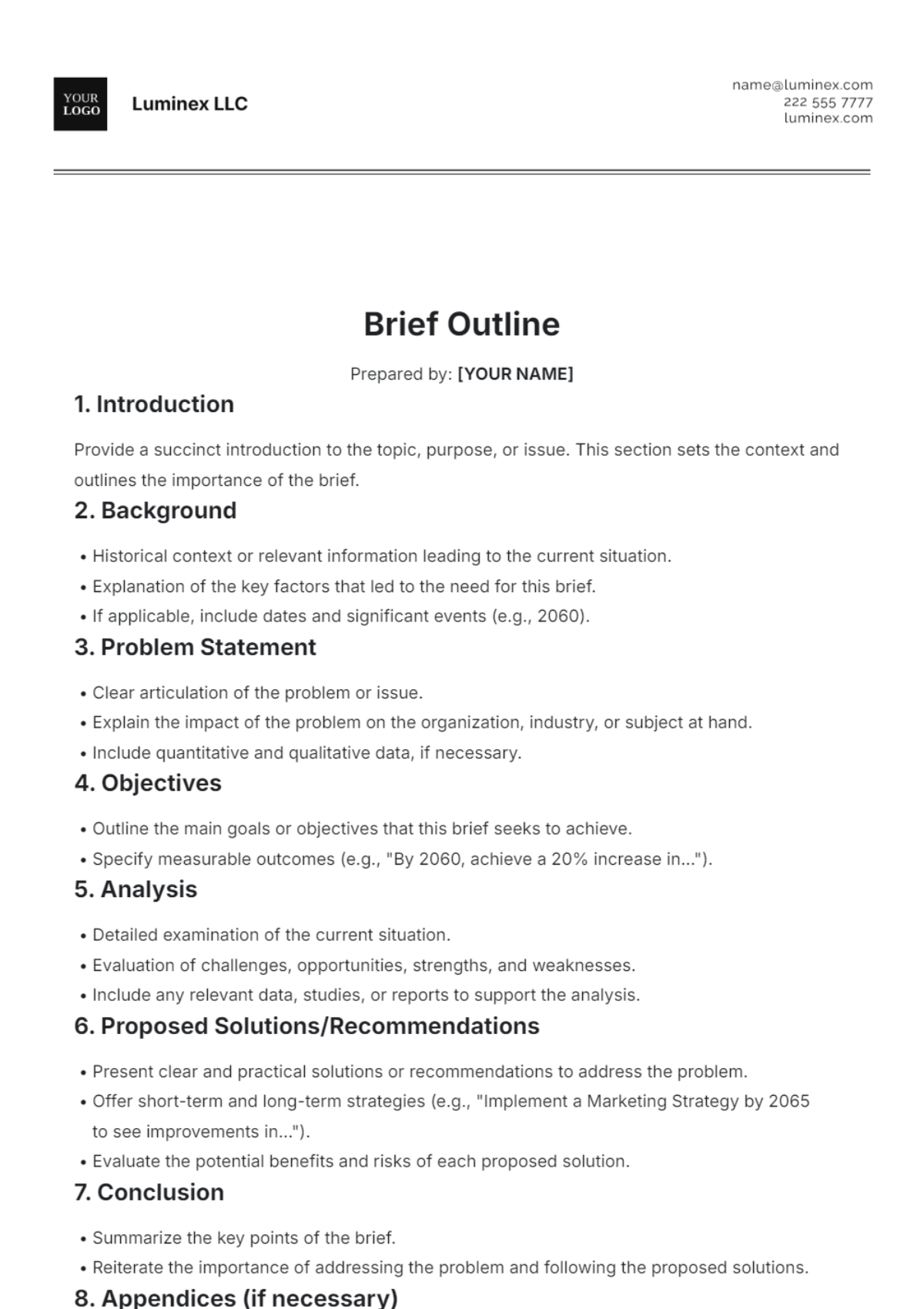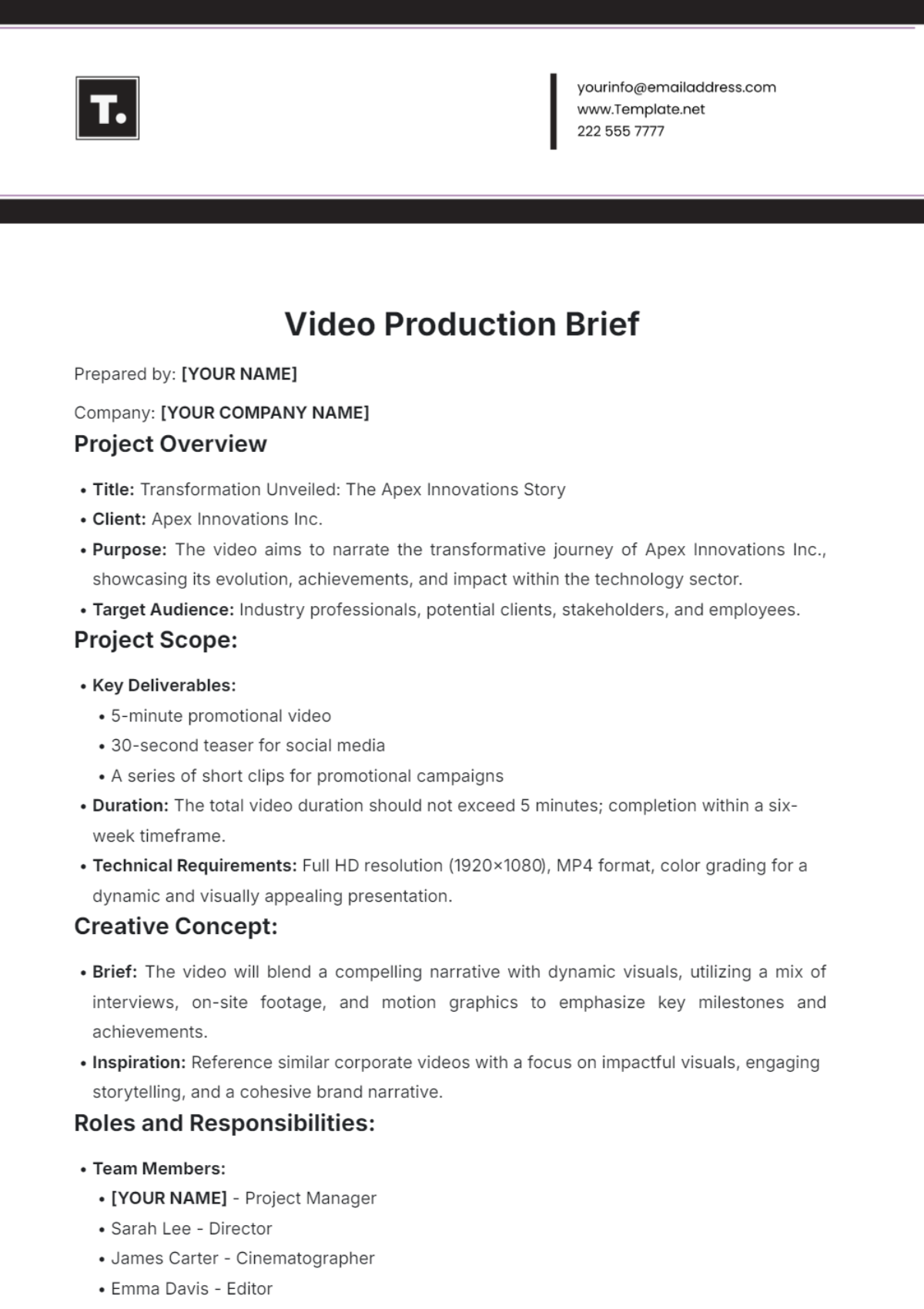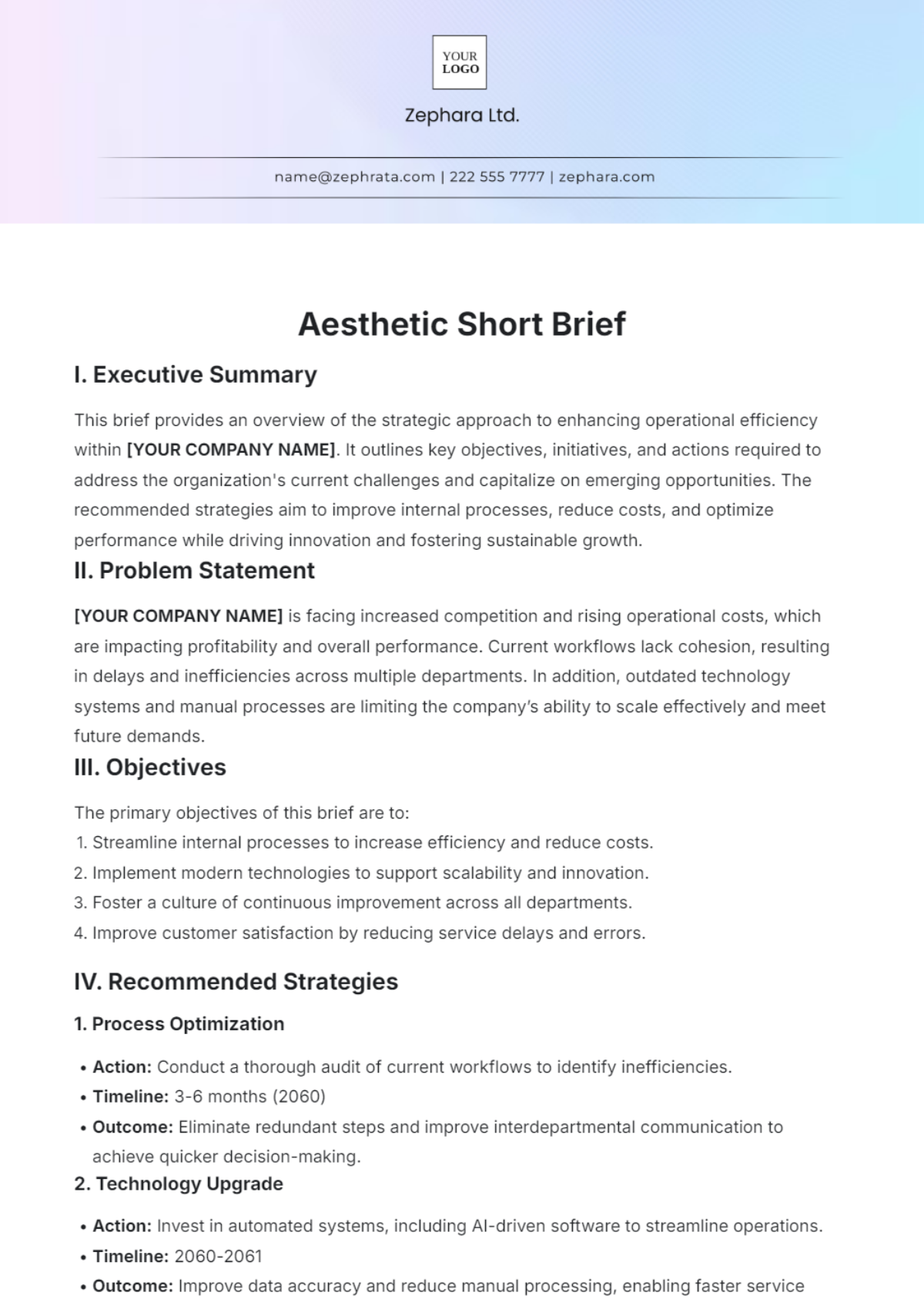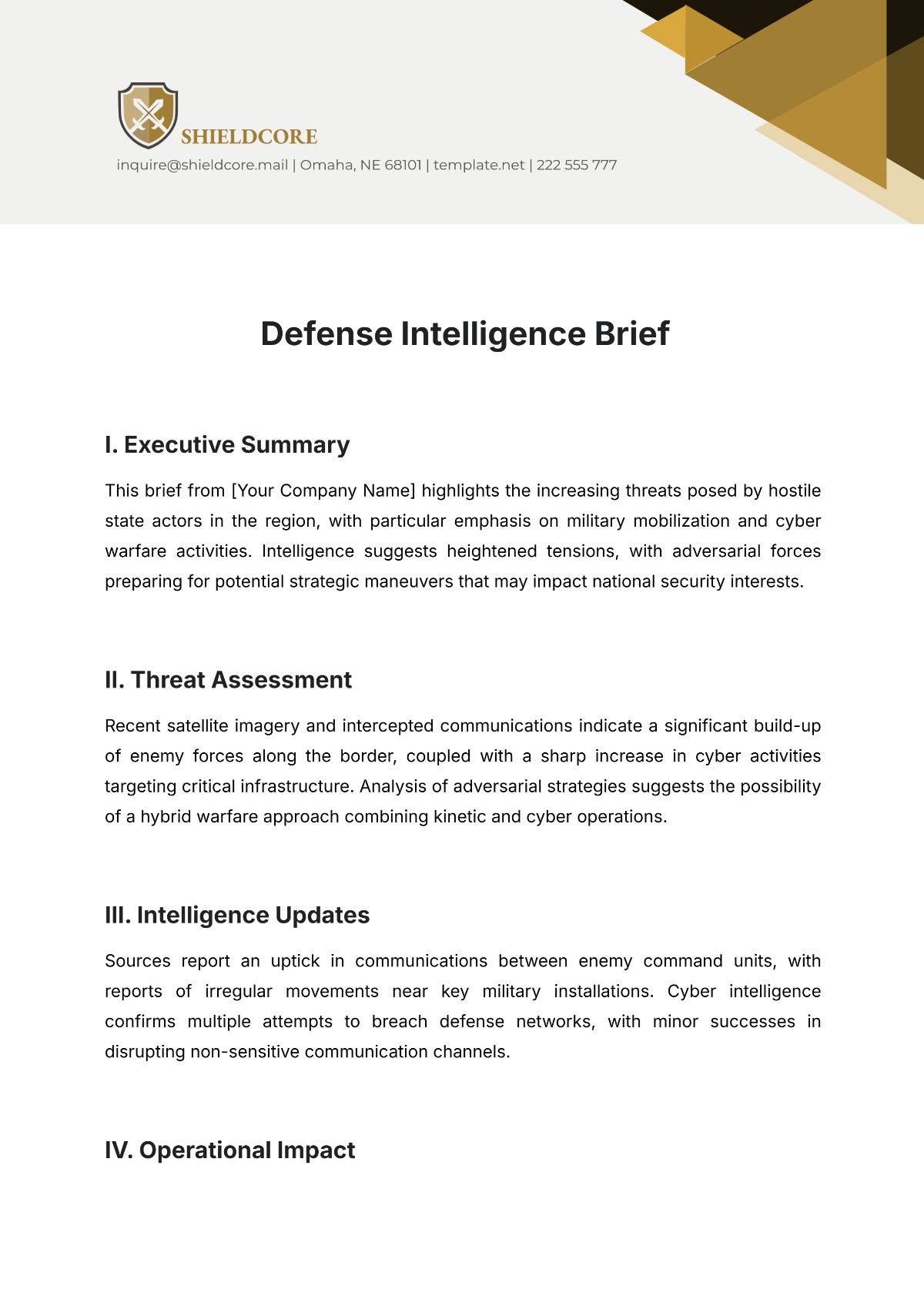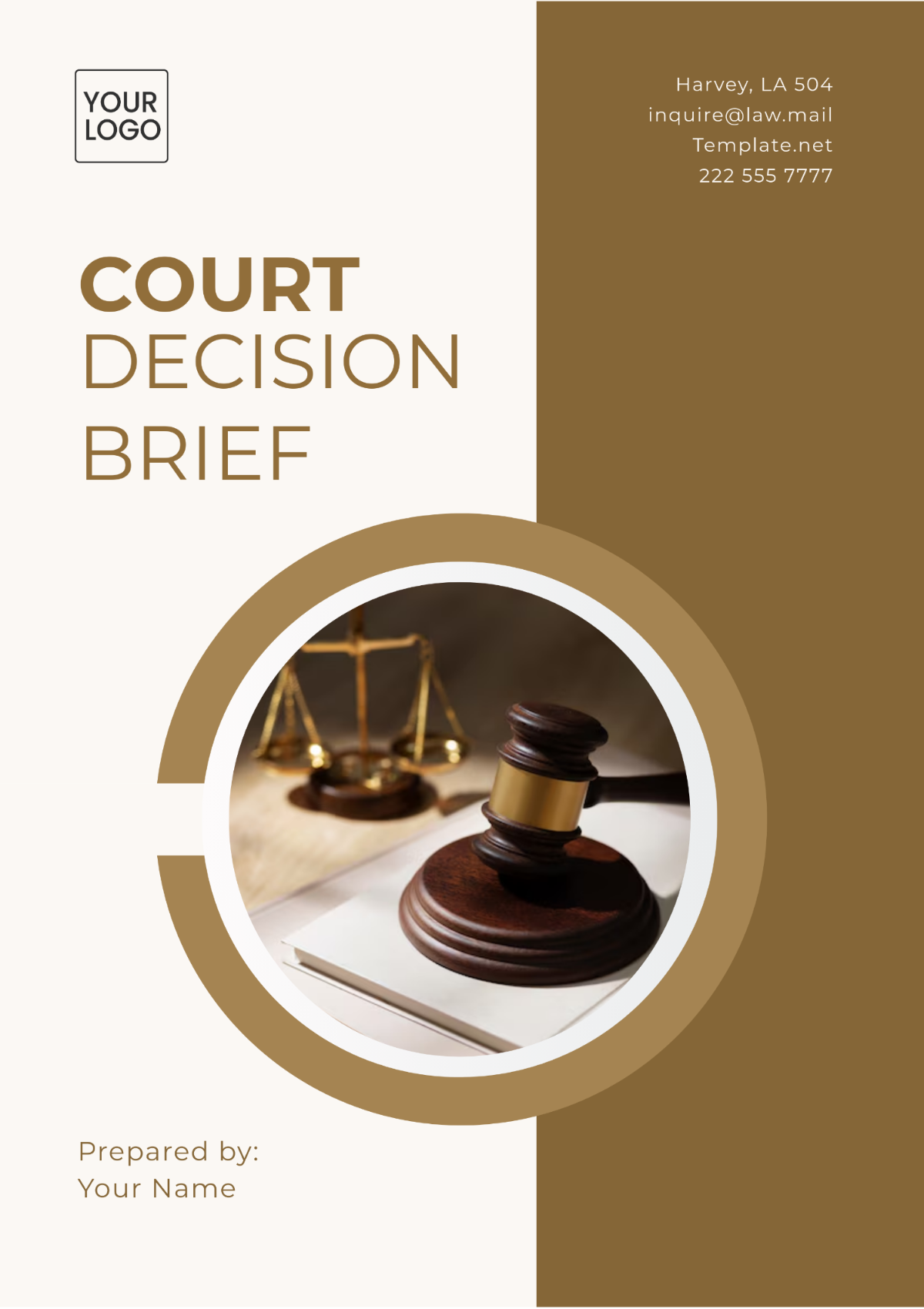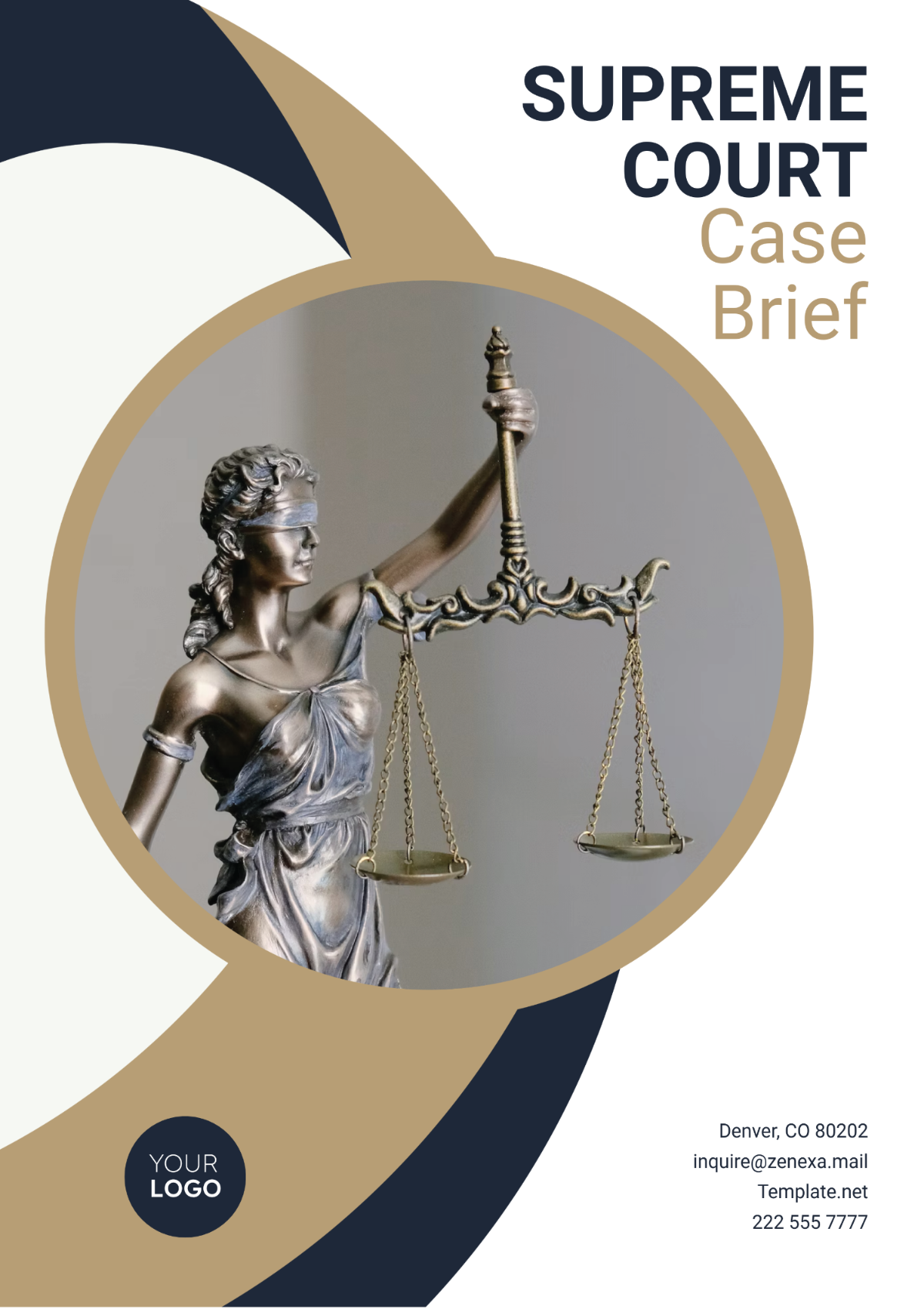Writing Skills Case Brief
I. Case Information
Case Title: [Title of the Case]
Case Citation: [Case Citation Number]
Court: [Name of the Court]
Date of Decision: [Date of Decision]
II. Parties
Plaintiff(s):
[Name(s) of Plaintiff(s)]
Defendant(s):
[Name(s) of Defendant(s)]
III. Facts
The case revolves around the following key facts:
Oliver Brown, a parent, sued the Board of Education of Topeka, Kansas, on behalf of his daughter Linda Brown, challenging the segregation of schools based on race.
Segregated school systems were prevalent across many states, including Kansas, at the time, resulting in unequal educational opportunities for African American children.
Brown argued that segregation violated the Equal Protection Clause of the Fourteenth Amendment to the United States Constitution.
IV. Issue
The primary issue before the court is:
Whether the segregation of public schools based on race violates the Equal Protection Clause of the Fourteenth Amendment.
V. Arguments
A. Plaintiff's Argument
The plaintiff argued that:
Segregated schools inherently stigmatize and inferiorize African American children, depriving them of equal educational opportunities.
The Equal Protection Clause mandates equal treatment under the law, and segregation perpetuates inequality and discrimination.
B. Defendant's Argument
The defendant contended that:
Segregation is permissible under the doctrine of "separate but equal," as established in Plessy v. Ferguson (1896).
State governments have the authority to establish and maintain segregated schools as long as they provide equal facilities and opportunities for all races.
VI. Decision
The court's ruling on the matter is as follows:
The Supreme Court unanimously ruled in favor of the plaintiffs, declaring that segregation in public schools is unconstitutional.
The doctrine of "separate but equal" has no place in the field of public education, as segregated schools are inherently unequal and violate the Equal Protection Clause.
VII. Analysis
A. Writing Skills Demonstrated
In crafting its opinion, the court exhibited several noteworthy writing skills, including:
Clarity: The court's opinion was written with remarkable clarity, conveying complex legal concepts in accessible language.
Logic: The opinion presented a logical and compelling argument for the unconstitutionality of segregation in public schools.
Persuasiveness: The writing effectively persuaded readers of the moral and legal imperatives of desegregation.
Adherence to Legal Standards: The opinion demonstrated a thorough understanding and application of constitutional principles, particularly the Equal Protection Clause.
B. Lessons Learned
This case provides valuable insights into effective legal writing, such as:
Use of Plain Language: Emphasizing the importance of clarity and accessibility in judicial opinions, particularly when addressing significant social issues.
Logical Structure: Highlighting the significance of organizing arguments coherently to strengthen the persuasiveness of legal writing.
Attention to Detail: Stressing the necessity of meticulous attention to legal principles and precedents in crafting well-reasoned opinions.
VIII. Conclusion
In conclusion, the Brown v. Board of Education decision serves as a landmark example of exemplary legal writing, showcasing the importance of clarity, logic, and persuasiveness in judicial opinions.
IX. Recommendations
Based on the analysis of this case, the following recommendations are suggested for improving legal writing skills:
Prioritize clarity and accessibility in legal documents to ensure effective communication of complex legal concepts.
Structure arguments logically and coherently to enhance the persuasiveness of legal writing.
Conduct thorough research and analysis of legal principles and precedents to support well-reasoned arguments.
X. Additional Resources
For further guidance on honing writing skills in the legal field, consider exploring the following resources:
"Legal Writing in Plain English" by Bryan A. Garner
"The Elements of Style" by William Strunk Jr. and E.B. White
Online courses on legal writing offered by institutions such as Harvard Law School and Yale Law School

